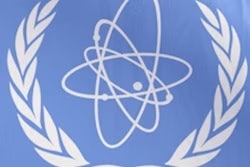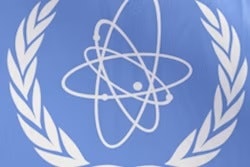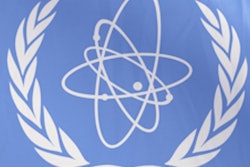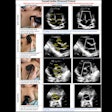Rays of Hope – the International Atomic Energy Agency's (IAEA) flagship cancer initiative – has named inaugural "anchor centers" in five countries.
The anchor centers will support work to improve radiotherapy infrastructure in the first seven countries to join Rays of Hope, as well as an additional 67 member states that recently requested to join at the national level, according to the IAEA.
"By building up regional expertise in medical imaging and radiotherapy and also increasing access to diagnosis and treatment for cancer patients, these anchor centers will have an enduring impact," noted May Abdel-Wahab, director of the IAEA’s division of human health, during an event held September 26 at the agency's 67th General Conference in Vienna.
The anchor centers have been established in the following countries:
- Algeria (the Bab El-Oued and Pierre and Marie Curie Cancer Centre, M'Hamed)
- Jordan (King Hussein Cancer Center, Amman)
- Morocco (Institut National d'Oncologie, Rabat)
- Pakistan (Nuclear Medicine, Oncology and Radiotherapy Institute, Islamabad)
- Turkey (Ege University Faculty of Medicine, Izmir)
All five are regional leaders in cancer care, with decades of experience participating in IAEA-coordinated research projects, training fellows together with the agency, supporting IAEA training missions and courses, and providing education and training programs in radiation medicine-related disciplines, IAEA said.
The IAEA launched Rays of Hope in February 2022 to tackle this shortage of cancer care capacity in poorer countries, particularly in Africa. The agency's goal is to help launch concrete projects to expand or establish nuclear medicine infrastructure, procure radiotherapy equipment, or train personnel.
IAEA noted that equipment purchased for first-wave countries so far includes a cyclotron, three linear accelerators (LINACs), two SPECT/CT scanners, and two quality assessment and control machines, IAEA said.
During the meeting, Malawi’s Minister of Health, Khumbize Kandodo Chiponda, spoke on the impact the initiative has had in his country.
"We are a testimony of what the initiative is doing in terms of training our young scientists in nuclear-related fields, providing expert services and procurement of radiotherapy equipment. As a country, we are delighted that very soon we will be able to treat our patients in Malawi," he said.
The first seven countries to join the initiative were Benin, Chad, the Democratic Republic of Congo, Kenya, Malawi, Niger, and Senegal.



















